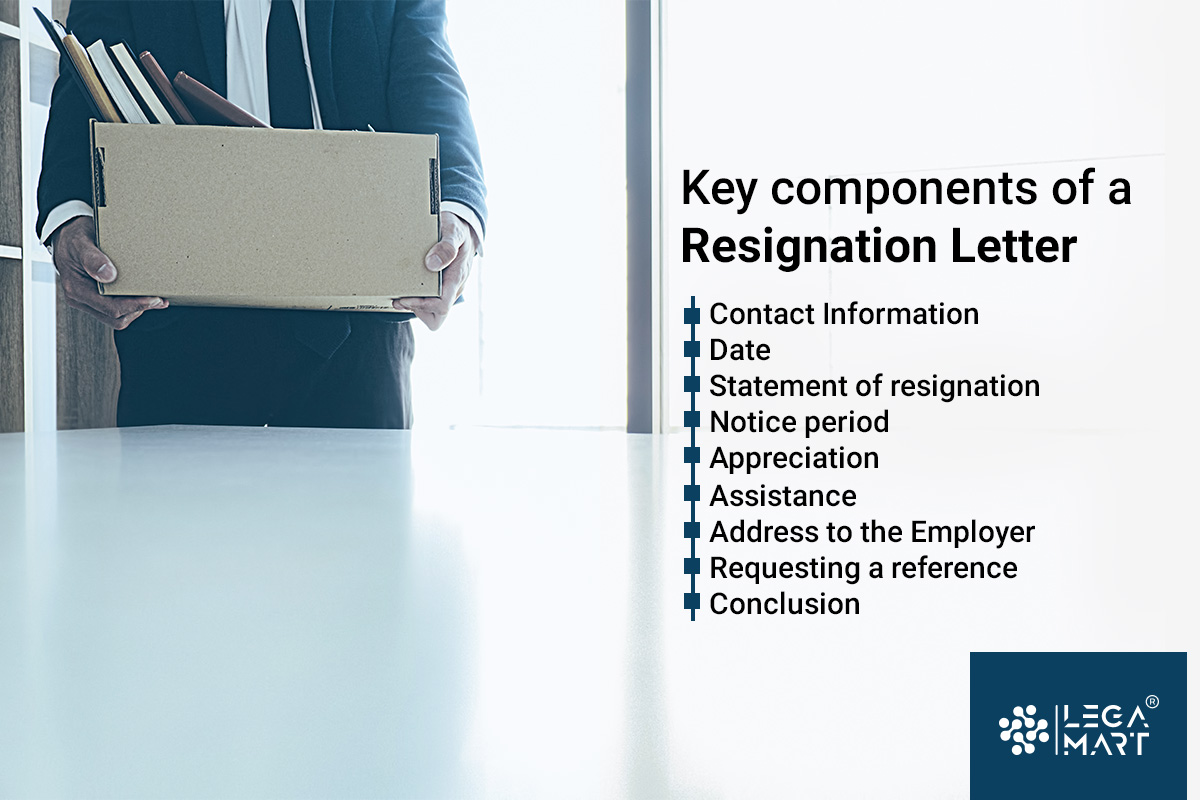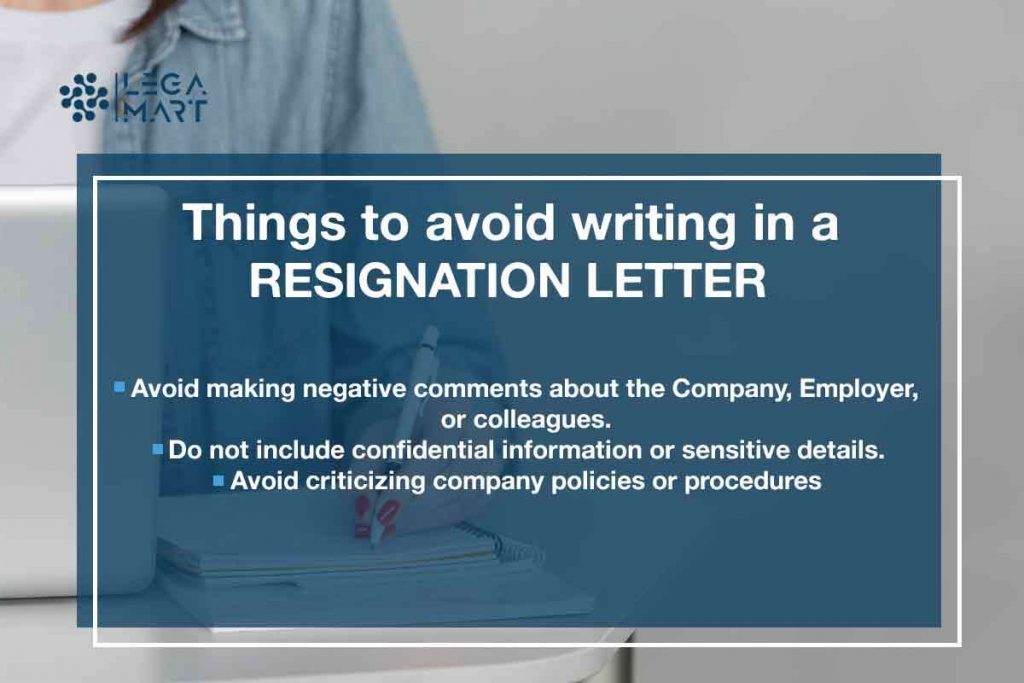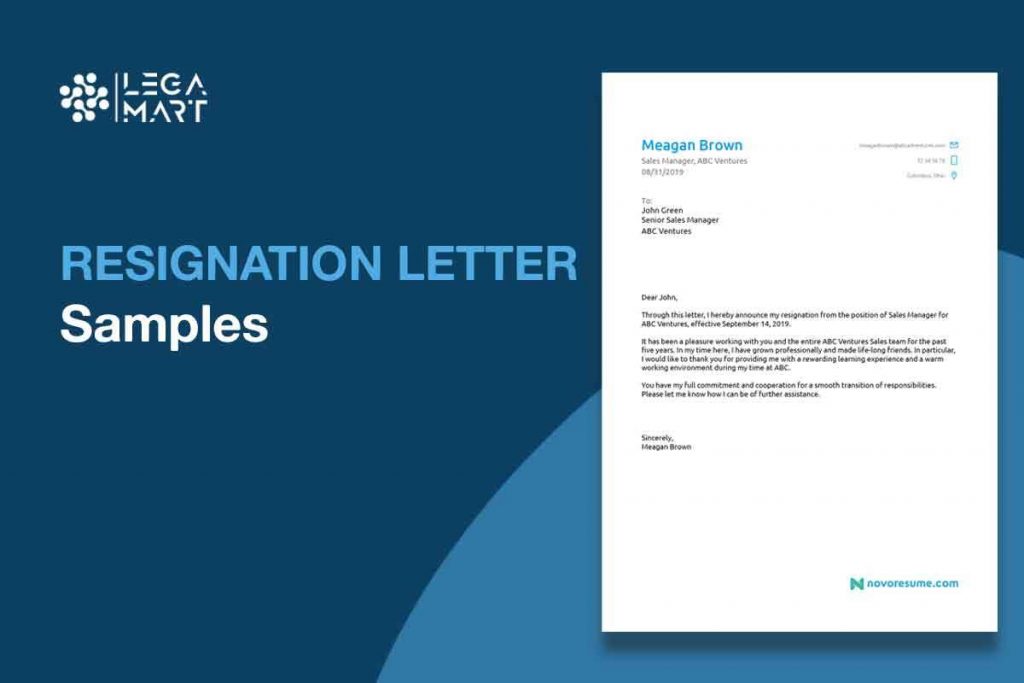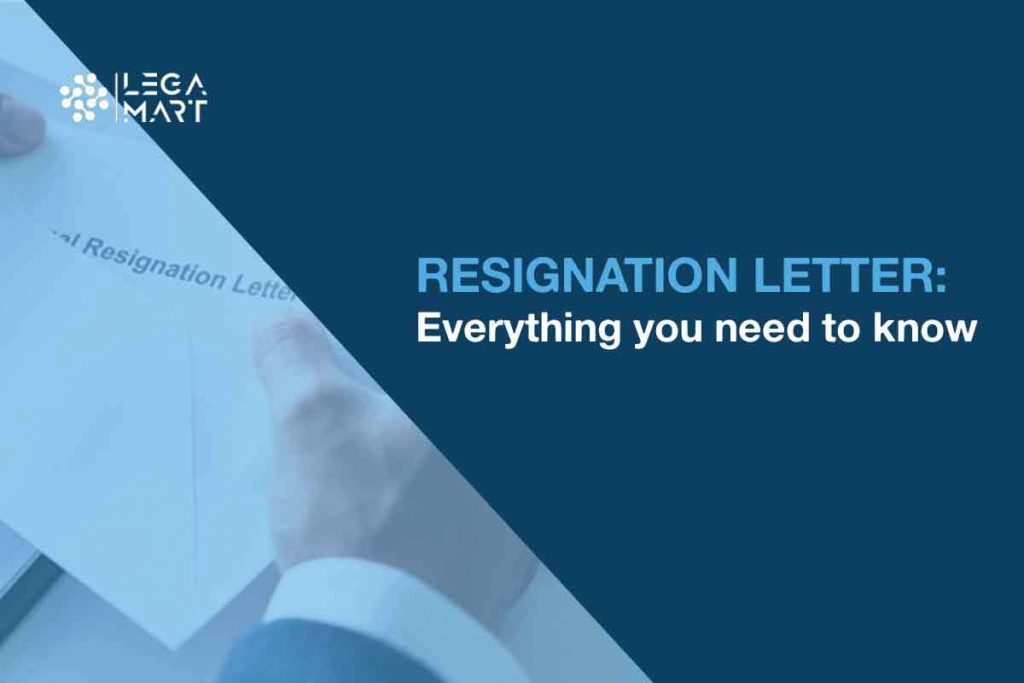- Introduction
- What Is a Resignation Letter?
- Is writing a Resignation Letter Necessary?
- Key components of a resignation letter
- Things to avoid writing in a resignation letter
- When to provide a Professional Resignation Letter?
- Resignation Letter Samples
- Resignation counter-offer
- What to do during your notice period?
- Conclusion
Data from the Job Openings and Labor Turnover Survey reveals that in 2022, approximately 50.5 million individuals quit their jobs, surpassing the 47.8 million who quit in 2021. Furthermore, employers hired a record-breaking 76.4 million people and recorded the least number of layoffs, with only 16.8 million in 2022. In December alone, 4.1 million individuals quit their jobs, which remains historically high and is only slightly lower than the previous month.
However, this is down by 423,000 people from the monthly peak in November 2021. Those who switched jobs in December saw an average pay increase of 7.7%, which, while lower than the peak of 8.5% recorded in July 2022, is still significantly higher than any pre-pandemic period in the last 25 years, according to data from the Federal Reserve Bank of Atlanta.
Introduction
Resignation letters can be complex and emotional, but it is necessary for individuals moving on from their current job. Whether you are leaving for personal reasons or seeking new opportunities, a well-written resignation letter can help you transition smoothly and leave on good terms with your employer and helps to build a professional relationship with the employer.
It is also necessary to have a plan when crafting the letter—mainly outlining the logistics and planned exit date. As you set out to write that all-important letter, it is essential to remember to keep the process respectful, professional, and courteous, keeping in mind the requirements of your employment contract. With the proper steps, you can ensure that the process goes smoothly and leaves on a positive note.
Are you feeling overwhelmed with the thought of writing a resignation letter? This article explains the key elements of a resignation letter, provides tips for writing an effective letter, and discusses how to handle the resignation process gracefully and professionally.
What Is a Resignation Letter?
It is a formal notice through which an employee informs the employer about leaving the current employment. It describes the intention of the employee regarding employment. It is a symbolic gesture, as the relevant parties may have already verbally agreed upon and formally accepted the resignation. The letter may be used to confirm the agreement, as it may have been offered verbally or informally through email. A resignation letter can also be used to express gratitude to the employer for the time you have worked for them and the opportunities that have been granted during the period of employment.
Is Writing a Resignation Letter Necessary?

The importance of a resignation letter cannot be overstated when leaving a job, regardless of the circumstances. It serves several purposes, and its importance cannot be overemphasized. Following are the reasons why writing it can help the employee while resigning from the current job:
- It provides official documentation of an employee’s intention to leave their job. This letter proves an employee’s departure and can be used for record-keeping purposes, especially for future reference. It also acts as a means to have an overview of the non-compete requirements and risk mitigation clauses present in the employment contract.
- It is an opportunity for the employee to express their gratitude towards their employer and colleagues. It provides a chance to reflect on the positive experiences and memories they gained while working at the company and allows them to bid farewell professionally and respectfully.
- It can also help an employee in their future job search. By resigning professionally and respectfully, employees can preserve their reputations and build a positive reference for future endeavours.
- Provide closure for any issues or misunderstandings that may have occurred with your former employer.
An employer cannot refuse that you have resigned if you provide a proper resignation letter. Resignation letters can be submitted by email as well as in person.
You can consult a lawyer if you face difficulty submitting a resignation letter. Legamart offers the best solution for your issues with employment contracts or resignation letters. They have a network of excellent lawyers who can help you get started and provide professional guidance on resignation. They can also answer any query on whether it is compulsory to serve a notice period after resigning from the job. Legamart offers various services, such as quick meetings with lawyers to discuss legal problems or obtain advice on business transactions or any other legal matter. Depending on your requirement, you can choose from a dozen lawyers in the directory of Legamart.
Critical Components of a Resignation Letter

A resignation letter is not just a document. It serves an essential purpose while resigning from the job. An effective resignation letter can make the transition to a new job smoother and maintain positive relationships with former colleagues and employers. The most important things to include in it are stated below:
- Contact Information: The letter should include your name, mailing address, and contact information such as a phone number and email address.
- Date: This is an essential component of the letter, as it records when the resignation was submitted.
- Statement of Resignation: The most important component of the letter is your reason for resigning. Providing a specific reason for leaving your job is essential, whether accepting a new job offer or pursuing a personal goal. Be sure to avoid criticism from your current employer or colleagues and offer positive evidence of your experience.
- Notice period: Include the amount of notice necessary to provide your employer with accurate and sufficient time to find a replacement. The standard is two weeks notice, but it can vary due to the nature of your job and employer. If a notice period is mentioned in your employment contract, you must abide by the same period. If you are unclear on how to address your questions about serving a notice period, you can reach out for help at Legamart and solve your queries within minutes.
- Appreciation: This letter is an opportunity to express gratitude to the employer and colleagues for the time and opportunities provided during my tenure at the company. If the job has positively impacted your life, mention it; this will end the letter on an upbeat note.
- Assistance: An employee can offer to assist in the transition process, such as training a replacement or completing any ongoing projects.
- Address to the Employer: The letter should be addressed to the employee’s immediate supervisor or HR department, using their proper title and last name.
- Requesting a reference: You can formally request a letter of recommendation from your supervisor. This is an excellent way of getting an excellent reference for future job searches.
- Conclusion: It should include the contact information to reach you in the future. A signature should also be included at the end of the letter, along with a dated note of the date the letter was sent.
Things to Avoid Writing in a Resignation Letter

Resigning from a job can be a significant life event, and writing a resignation letter is an essential part of the process. Certain rules must be followed while writing a resignation letter.
Avoid making negative comments about the Company, Employer, or colleagues. Even if the reason for resigning is related to the company, it is essential to maintain a professional and respectful tone in the letter. Personal issues, such as health problems or family obligations, should not be mentioned in the resignation letter. It is advisable to keep the letter focused on the employee’s decision to resign.
The employee should not include confidential or sensitive details in the resignation letter. This can harm the company and damage the employee’s professional reputation. You should also not mention details about the company you will be joining or your salary for the new employment (irrespective of whether you have obtained a remote job or not). Don’t provide a lengthy explanation for why you are leaving your current employment.
Avoid criticizing company policies or procedures in the resignation letter. The formal letter should focus on the employee’s decision to resign and express gratitude for the opportunities and experiences gained while working at the company. The resignation letter should not be used to demand additional benefits or compensation from the employer. Also, you should not apologize for leaving the company, as it may seem unprofessional.
When to provide a Professional Resignation Letter?
When quitting your job, the first step is to inform your employer of your intention to resign. No matter your title, the best time to submit your formal resignation letter is after your last discussion with your employer. Once you decide to resign from your current employment, you must immediately submit your resignation letter. It must be given before starting the notice period.
Talking about the notice period, there’s a certain time frame in which the notice period needs to be served that is often mentioned in your employment contract. Employees should always read the employment contract carefully as this is one of the most critical documents among the other 8 contracts that an employee should know about.
Resignation Counter-offer
When presenting a resignation letter, your employer might offer you a counter-proposal during or after the exit meeting. In some cases, when an employee resigns, it is not uncommon for the employer to make a counter-offer to convince the employee to stay. However, it’s vital for both parties to carefully consider the potential consequences of accepting or making a counter-offer.
Studies indicate that as many as 50% to 80% of employees who accept counter-offers end up leaving within the following six months, demonstrating that a mere salary increase doesn’t always resolve the underlying issues.
It is essential to exercise caution when considering a counter-offer proposal and carefully evaluate whether your reasons for wanting to leave will be addressed by accepting it. Although it may initially seem that your employer is taking care of you by offering a promotion or salary increase, you should ask yourself why it took your resignation to receive this offer. Additionally, it is essential to consider the motivations behind the counter-offer.
Employers, on the other hand, should carefully consider several factors before making a counter-offer, for example, whether the goal is to retain a valuable employee or prevent short-term disruption; whether the counter-offer aligns with the company’s policies and compensation structure to ensure consistency and fairness; and also be aware of any potential negative consequences, such as setting a precedent or sending a message that employees need to threaten resignation to receive a pay raise.
What to Do During your Notice Period?
It’s a common misconception that once an employee resigns, their responsibilities to their current employer cease, and they can spend their notice period slacking off, using up sick leave or taking long lunches. However, this is not the case. Your behaviour during the weeks leading up to your departure can significantly impact your future references and leave a lasting negative impression. You are still being paid and contracted to do your job to the best of your ability until your last day.
It’s essential to make the transition as smooth as possible by completing outstanding tasks, handing over unfinished work, and offering to train those who will take over your responsibilities. Additionally, after announcing your resignation, some colleagues who are unhappy with their jobs may approach you seeking sympathy. It’s best to direct them to HR or their manager to address their concerns rather than engaging in unprofessional conversations that could damage your reputation.
Resignation Letter Samples

Resigning can sometimes be hard. While creating a resignation letter can seem intimidating, following a resignation letter template will give you the confidence you need to craft the perfect resignation letter possible. Just remember to be courteous, professional, and thorough in your writing. The employer should be able to leave the job with a positive experience.
Here are mentioned some resignation samples:
Resignation letter sample- 1
Dear [Employer],
I am writing to inform you that I am resigning from my position as [Job Title] with [Company]. My last day of employment will be [Date].
I appreciate the chance to work at [Company] and the professional experience I have gained. It has been a pleasure to work here and to have the opportunity to collaborate with such an amazing team.
I plan to work the remainder of my notice period, beginning on [First Day in Notice Period]. I have created a transition plan that outlines the projects I have been working on and how they can be transitioned to other colleagues. Please let me know if you have any questions about the plan.
Thank you for the opportunity and the experience I gained while working for the company. I wish you all the best in the future.
Sincerely,
[Your Name]
Resignation letter sample- 2
Dear [Employer’s Name],
I am writing to formally inform you of my resignation from my position as [Position Title] at [Company Name]. My final day of work will be [Date].
I am grateful for the opportunities and experiences I have had while working at [Company Name]. I have learned a great deal and appreciated the support and guidance my colleagues and supervisors provided.
I would like to assure you that I will do everything in my power to ensure a smooth transition. I am available to assist with training a replacement, finishing up any ongoing projects, or any other needs you may have.
Thank you for the support and opportunities you have provided me during my time at [Company Name]. I wish the company continued success in the future.
Sincerely,
[Your Signature (if sending a hard copy letter)]
[Your Name]
Conclusion
Writing a resignation letter is an important step in the process of leaving the company. It formally announces your exit and sets the tone for your future professional relationships. A well-written resignation letter should include key components such as your resignation announcement, effective date, the reason for leaving, gratitude for the opportunity, and offer of assistance during the transition. Maintaining a professional and respectful tone throughout the letter, regardless of the reason for your departure, is essential. By following these guidelines and tips, you can ensure that your resignation letter positively represents your time at the company and helps facilitate a smooth transition to your next chapter.
Frequently Asked Questions
What is a resignation letter, and why is it important?
A resignation letter is a formal document submitted by an employee to inform their employer of their decision to resign from a position. It is a professional way to communicate the departure and maintain a record of the employee’s intention to leave.
Can I retract my resignation letter?
Generally, a resignation letter is considered final and cannot be retracted once submitted. However, in certain circumstances, the same can be negotiated with the employer or withdraw the resignation letter if the situation permits.
Why is a resignation letter important?
A resignation letter provides a clear and formal notice to the employer that the employee is leaving the company. It also serves as a legal document to prove that the employee has resigned from their position.
Is it necessary to submit a resignation letter when resigning from a job?
While it may not be legally required, submitting a resignation letter is considered a standard professional practice. It helps maintain a positive relationship with the employer and documents the employee’s departure.
What should be included in a resignation letter?
A resignation letter typically includes a clear statement of intent to resign, the effective date of resignation, a brief reason (optional), expressions of gratitude, and a willingness to assist in the transition.
How much notice should I give in a resignation letter?
The notice period is often specified in your employment contract or company policies. A standard notice period is two weeks, but it can vary based on the industry and the level of the position.
Can I resign immediately without notice?
In some cases, immediate resignation may be accepted, but adhering to the notice period specified in your employment agreement is advisable. Failing to provide notice may impact your professional reputation.
Can a resignation be withdrawn once submitted?
In certain situations, it may be possible to withdraw a resignation, but it depends on the employer’s policies and willingness to accommodate the request. It is advisable to communicate openly with the employer if circumstances change.
Should I mention the reason for resigning in the letter?
While it’s not mandatory, providing a brief reason for resigning can be helpful. However, it’s recommended to maintain a positive tone and focus on personal growth or new opportunities rather than highlighting negative aspects.
Can I use a resignation letter template?
Yes, using a template can provide a structured format. Ensure personalization based on your specific situation and workplace culture.
Should I discuss my resignation with my supervisor before submitting the letter?
Conforming with your supervisor before submitting the letter is considered professional. This allows for open communication and discussing any concerns or potential counteroffers.
Is it necessary to include contact information in the resignation letter?
Yes, including contact information is essential for continued communication during the notice period and any follow-up after your departure. It ensures a smooth transition for both parties.




